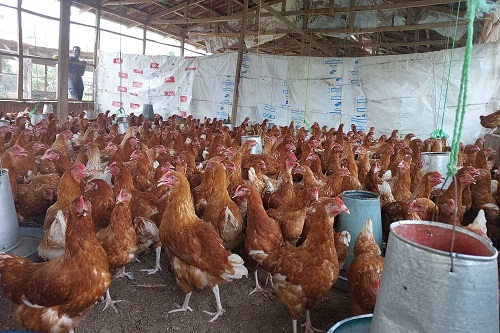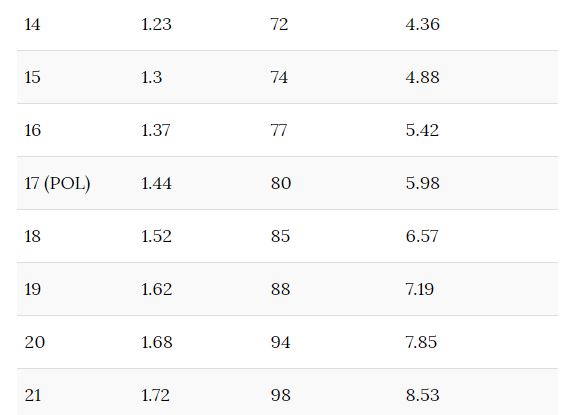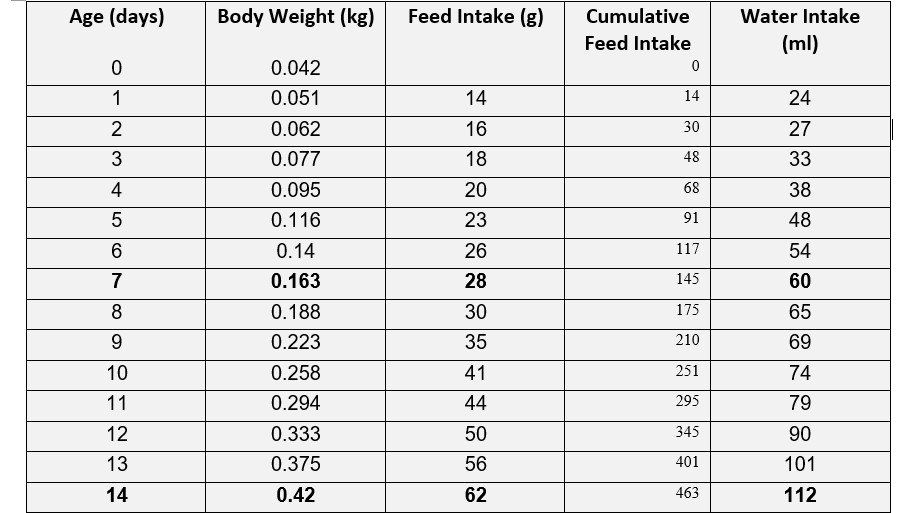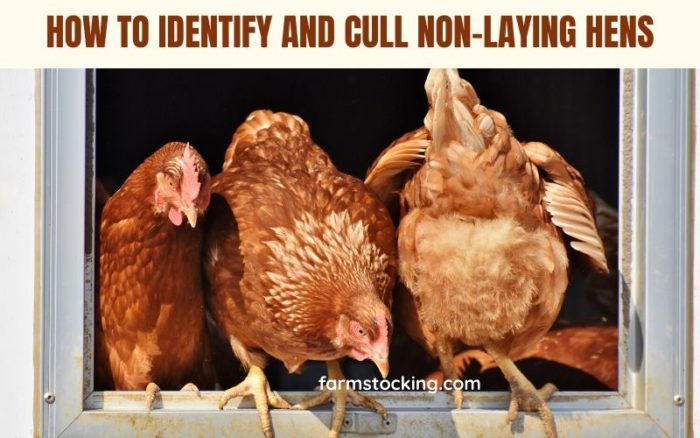Point of Lay (POL) is the term for young hens that are mature (around 17 weeks old) to start producing and laying eggs. They are usually preferred over chicks because it is quicker to recoup investment on them while the stress and commitment associated with brooding and raising layer chicks are avoided. Although POL is an expensive option it is worth it for someone with the finance.
Getting quality POL is not easy. Many beginner farmers lost their investment because they mistakenly purchased low-quality or unhealthy POL. Hens in this category hardly lay well and poor egg production means loss to commercial layer farmers. Hence, if you intend to buy point-of-lay pullets now or in the future, you must adhere to the following Dos and Don’ts.
The Dos of Buying Point of Lay Chickens
1. Find out the source of the birds
The source of any bird matters a lot. In the case of POL, you must ask the seller where the birds came from (hatchery). If the hatchery sounds unpopular or lacks proven track records, you must proceed with caution and follow your intuition.
2. Request for the birds’ vaccination and medication history
Vaccination and medication are two important things to laying chickens. Unlike broilers, no vaccines must be skipped for pullets because they are going to live longer on the farm (at least 14 months). Before you start price negotiation on a flock of POL, request the flock record from day 1 to the present day. The information to check includes the name of the vaccine and drugs and dates administered. Feed-related information such as the type of feed and quantity given is also important.
3. Inspect the chicks for signs of good health
This is another vital check that must not be skipped. Be physically present to inspect the birds and confirm their physical well-being. Very healthy point-of-lay chickens must be full of life and show no sign of sickness or disease. No dull look or water eyes and the feathers should be shinny and unrefuttled. The comb and wattles should be red and conspicuous. Check the faeces and ensure they appear normal.
4. Confirm the average live body weight of the birds
The body weight of a young pullet is a reliable indicator of its age or sexual maturity status. Typical POL chickens are expected to have an average body weight of 1.4 kg at 17 weeks og age. Any figure far below this is a sign such birds are not laying anytime soon. We always have issues with POL owners or sellers in this regard. Most ignorantly claim that weight does not prove age or sexual maturity status. To reduce feeding costs, many breeders underfeed their chickens and this affects their growth performance. So when the birds are expected to be sexually mature, they look or weigh younger than their age. Therefore, endeavour to know the average weight of the flock.
Additionally hint: If the combs and wattles look too short and pale, the birds are not ready to lay yet.
Before proceeding to the don’ts, I would like to tell you there are point-of-cage chickens (POC). They are called POC because they can be moved from the brooding pen to a standard cage. Point-of-cage chickens are usually 12 weeks old. In most cases, what some people buy as point-of-lay chickens is not different from point-of-cage chickens.
The Don’ts of Buying Point of Lay Chickens
1. Don’t pay without seeing the birds physically
Some people have been scammed or defrauded just because they were so foolish to pay fully or in parts for chickens they never saw. Be wise and only pay when you have seen and confirmed the conditions of the birds. You should pay when you are ready to pick up the birds the same day.
We provide bird inspection service to inexperienced person by checking the birds on their behalf. You only need to share the seller’s contact with us and wait for our feedback. You can also take us along with you to check. Whichever option you choose, we are always available.
2. Don’t ignore biosecurity measures
If you have a poultry farm, you must be mindful of the farm you visit in search of POL. Always use protective clothing and footwear before entering a farm or pen. And you should not wear the same to your farm. Put them off and wash them thoroughly before wearing them again. These will help prevent disease transmission from another farm to yours.
3. Get the pens or cages ready
It is not after you have paid for the POL that you will prepare the new home for them. The pens or cages must be ready even before looking for POL. Clean and disinfect the whole pen. Fumigate if necessary to kill all disease pathogens.
Wrapping Up
Raising your starting or replacement layer flock from one day old is the best and most recommended. It will save you from scams or fraud and give you a lot of confidence and assurance in your flock. Nevertheless, if you must get point-of-lay chickens, the above-mentioned tips will help you with procuring healthy birds.





brilliant
Thank you!
hi I want to know more about points of lay
What other information do you want?